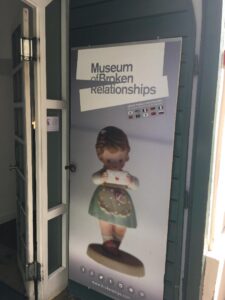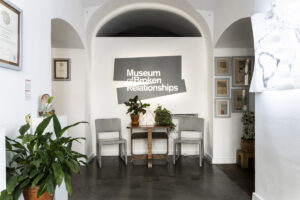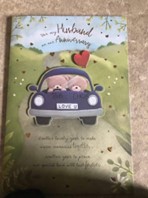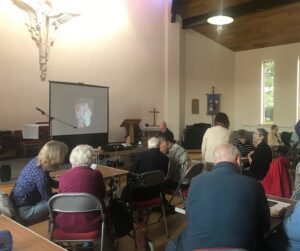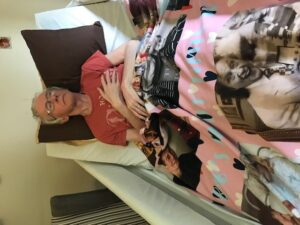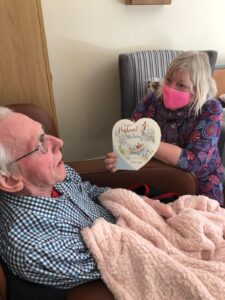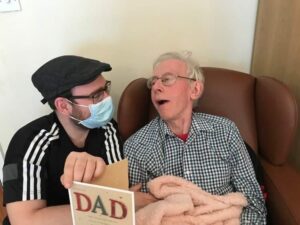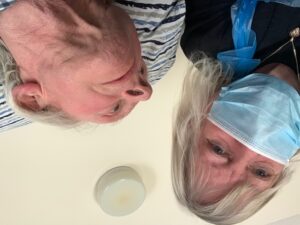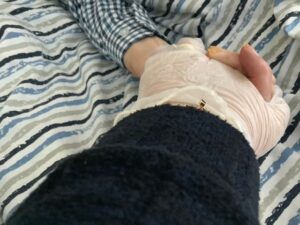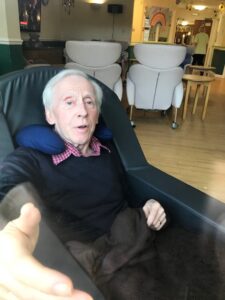- Men typically take 11 weeks to recover from a break up.
- Women take longer, 15 weeks on average.
- Almost 1-in-10 subscribed to dating apps the very day of the breakup.
Breaking up is so hard to do. For some, a relationship’s end means days (or even weeks) of isolation, reflection, and tears. Others dive straight back into their social circles, relying on friends, family, or even alcohol to ease the pain. But not everyone fits into these categories.
There’s a different group: those who seem to carry no emotional baggage, effortlessly moving on and reentering the dating scene almost immediately, as if the breakup had never happened
DatingNews.com carried out a survey of 3,000 people to uncover how long it really takes people to get over a breakup and whether the healing process varies by gender. Who can pick themselves up and put themselves back together in the shortest period of time, and who mourns and grieves for the relationship that could have been for the longest? The results make for a fascinating read.
Firstly, let’s take the average by gender. Nationally, men take, on average, 11 weeks to recover from a breakup. This seems like a reasonable time frame, as they may rely on their social circles to stay active and distracted, which helps them move forward.
Women, on the other hand, took an average of 15 weeks, or almost four months. This could be because women often process emotions deeply and take more time to reflect on the relationship. They may revisit memories and experiences more thoughtfully, seeking closure in different ways as they navigate their healing process.
DatingNews also wanted to find out some other aspects about breakup recovery and asked those who took part in the survey a range of other questions. These included:
Which activities helped you the most to move on after a breakup?
The top answer was spending time with friends and family, said nearly half of the survey respondents (49%). After all, family members are the ones who know you the best and can be very supportive.
The second most frequent answer was focusing on work or hobbies (26%), which can be a fantastic distraction that stops you brooding too much on what happened; followed by working out (12%), which boosts endorphins; seeking therapy or counseling (4%) and finally traveling or taking a break (2%).
Some people went to extremes to get over a breakup, however, with 8% throwing themselves into a rebound or revenge relationship; nearly a quarter (23%) getting a drastic image makeover, such as a new haircut or tattoo. For those looking to accelerate the process of getting over someone, 50% said that deleting all traces of their ex (e.g. photos, social media, even furniture) helped make it quicker, while 32% voted for hooking up with someone new straightaway. A further eight percent subscribed to dating apps the very day of the breakup.
All that said, almost one-third said they regretted how quickly they’d moved on from a breakup, perhaps realizing down the line that they hadn’t given themselves enough time to heal.
“It’s clear from the survey results that men and women experience breakups differently, both in emotional intensity and the time it takes to heal,” said Amber Brooks, Chief Editor of DatingNews. “While men might lean on distractions and social activities to recover, women often take a deeper, more introspective approach. Both methods have their merits, but the important takeaway is to allow yourself the time and space you need to heal properly, regardless of how long it takes.”

